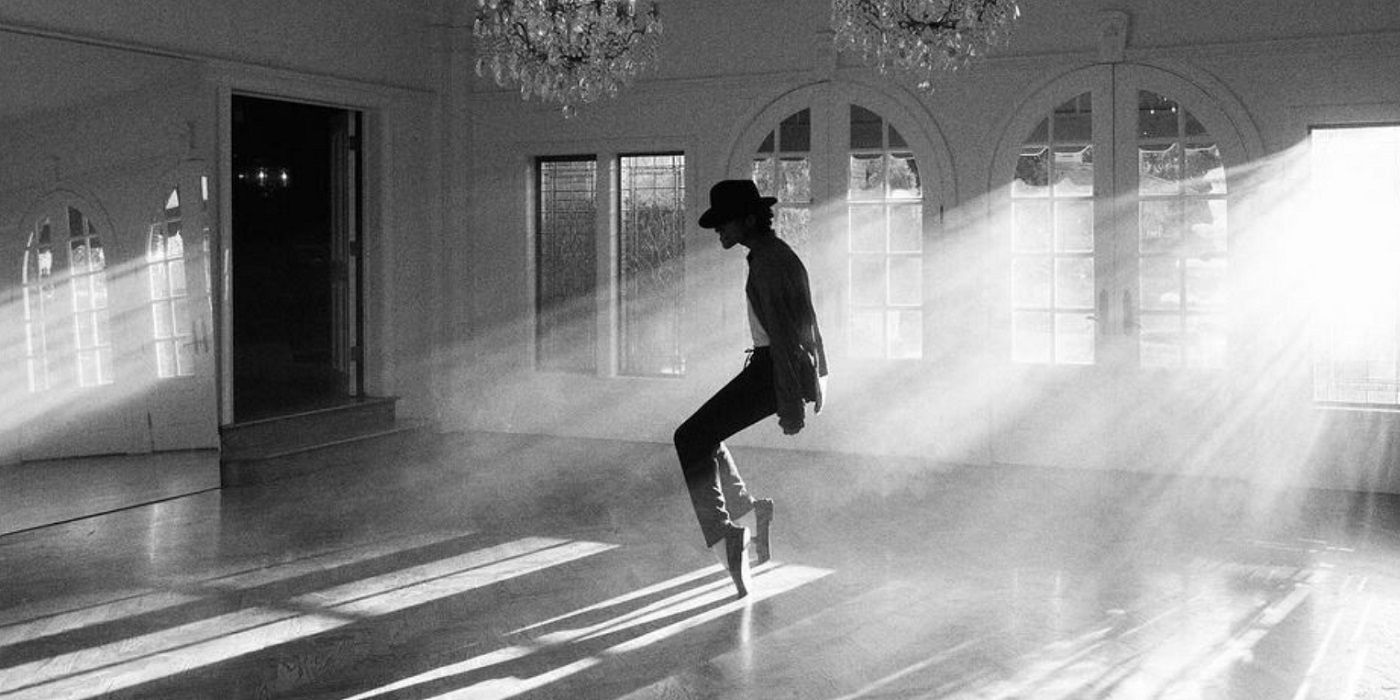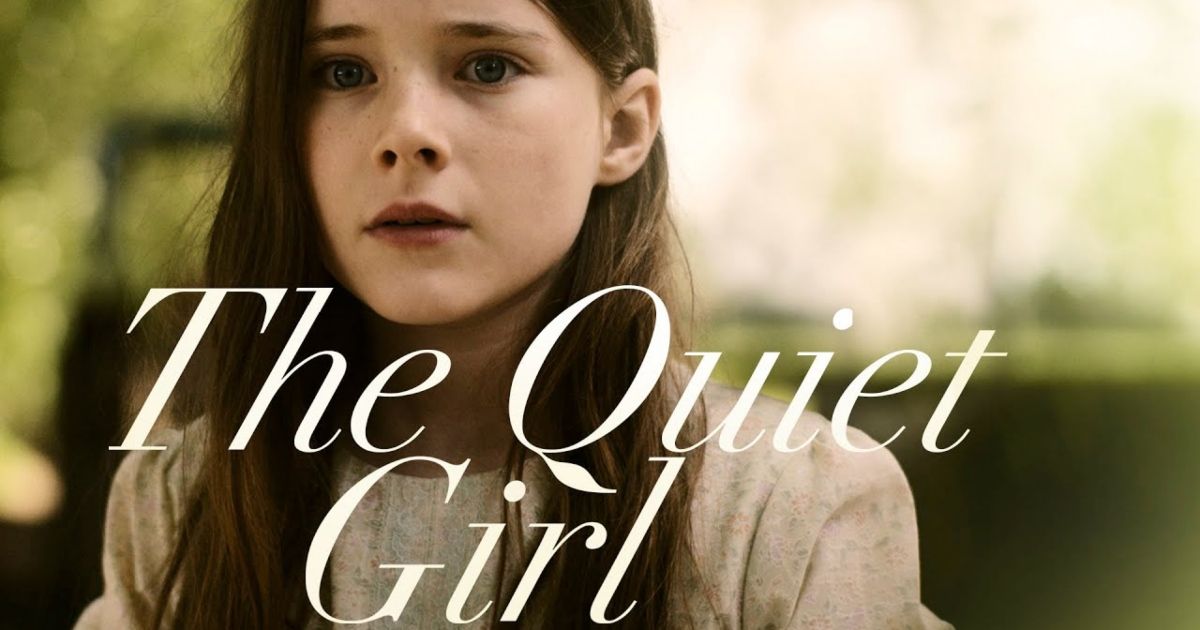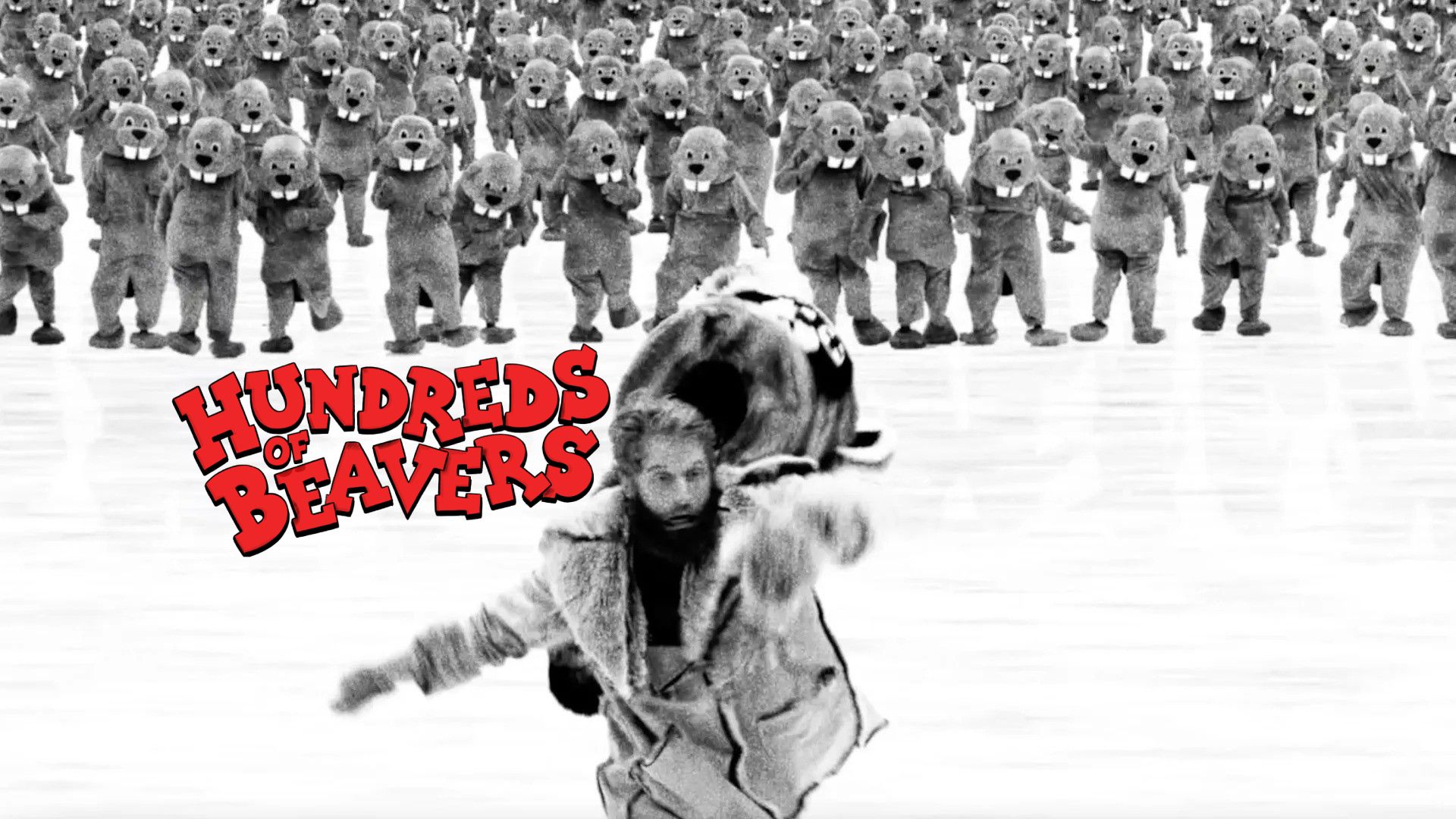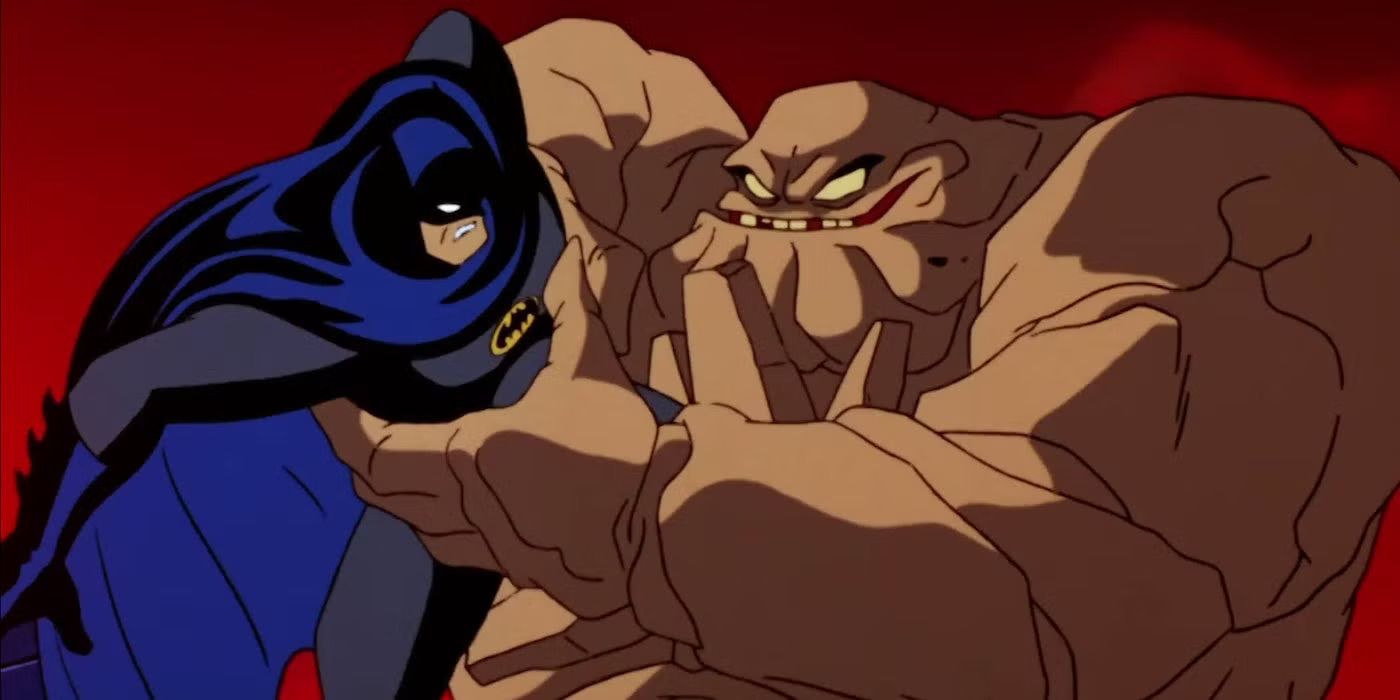“Retrograde” is an official military term for the processes involved in moving a base, withdrawing from a territory, for out-and-out retreats. The official language describes retrograde as an “organized movement away from the enemy” and that’s what Heineman captures, in haunting sequences showing the Special Forces unit burning print-outs and maps, removing computers, reducing their presence to nil, leaving nothing behind. (Here’s an interesting article about the magnitude of the retrograde operation in Afghanistan.) Retrograde, of course, has symbolic astrological connotations, hard to avoid when witnessing the sheer chaos and panic erupting when the Americans begin the retrograde operation.
The scenes at Kabul Airport made the front pages of newspapers around the world. The footage in the documentary is terrifying and heart-rending. H. Scott Salinas’ score is mournful, elegiac, and—it goes without saying—tremendously sad. When paired up with the faces of women, men, and children, where nerves and despair are almost on the surface of the skin, the full weight of the catastrophe unfolding is felt. Heineman shot the film, along with Timothy Grucza and Olivier Sarbil, and the access they achieved is extraordinary (including chilling footage of a triumphant mass meeting of the Taliban in Kabul). This is a complicated subject and highly divisive. Heineman doesn’t lecture. He focuses on people, on Sadat, on his Green Beret colleagues, on Sadat’s men, many of whom just stare at Sadat, helpless, looking to him to see what they should do next. There’s a moment where Sadat and his men are holed up in a compound, the air filled with the sound of gunfire, the Taliban literally right over there, and one soldier, his eyes huge and gleaming, says, “The situation is getting worse. What do we do?” There really is no answer.
“Were you even born when this war started?” a Green Beret jokes to a young Afghan soldier. The soldier laughs. It’s a joke because the stakes are high, and the situation is absurd and desperate. The Green Beret is speaking the obvious and has been working alongside the Afghans for years. The intimacy between the men is one of the most striking things about “Retrograde.” Considering the failed attempts empires have made over the centuries to “subdue” Afghanistan, the way this has all played out is not unexpected. But it’s hard to avoid the implications, and the downfall is nonetheless tragic.
The film closes on a long lingering shot of a woman, pressed up against a chain-link fence, staring at the American soldiers, with a wordless sense of loss, terror, and hypervigilance shimmering across her face. Link together every lingering closeup of a face—either an Afghan face or an American/Australian/British face—and the entire tragedy is there. You wouldn’t even need dialogue.
On Nat Geo tonight, December 8th. On Disney+ tomorrow, December 9th.
You can view the original article HERE.





























